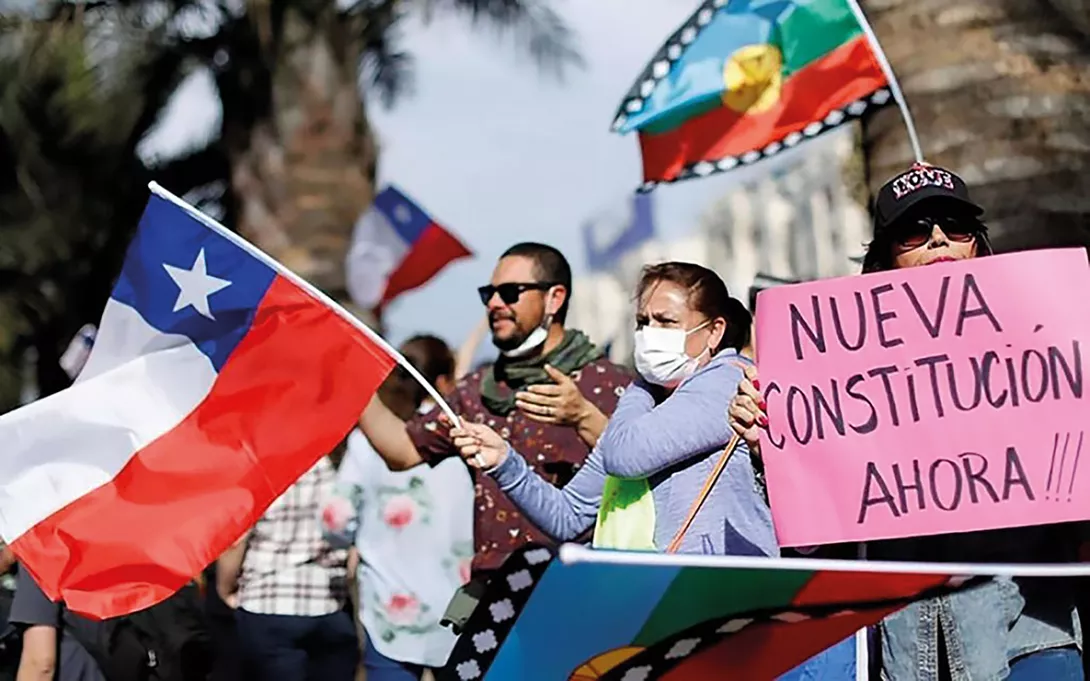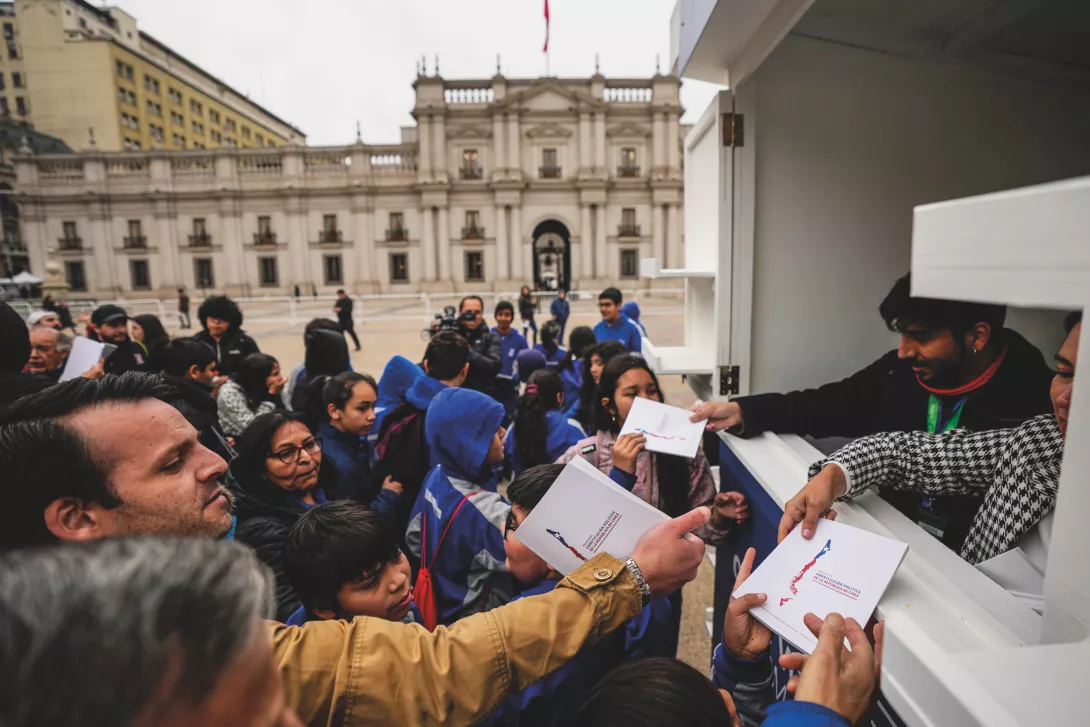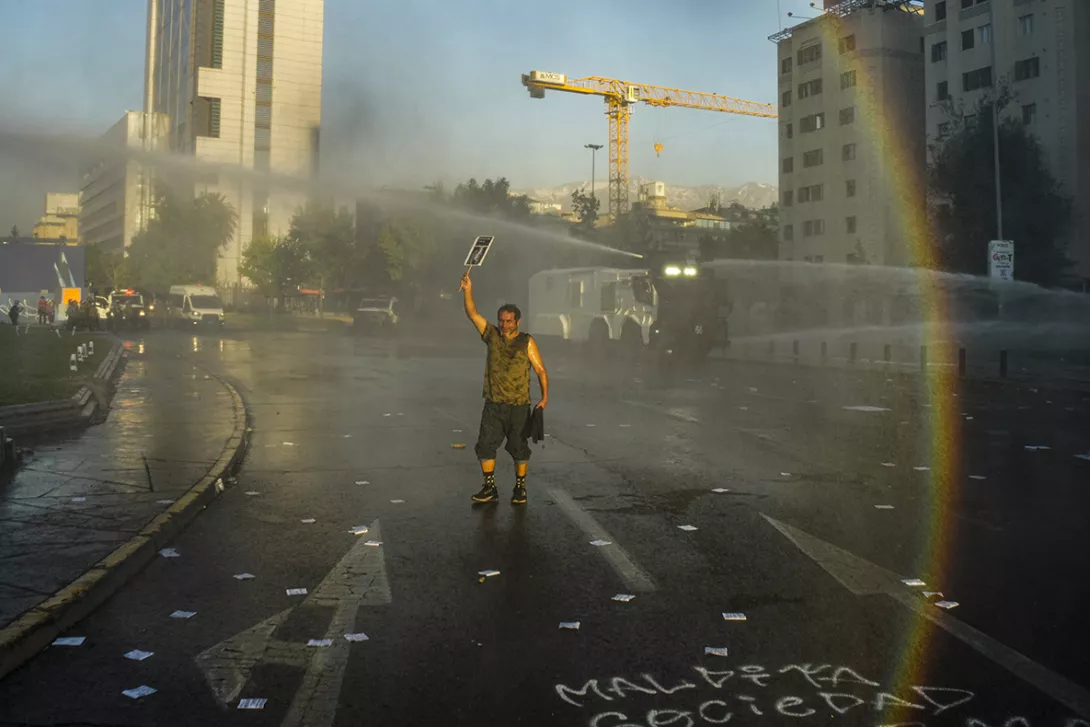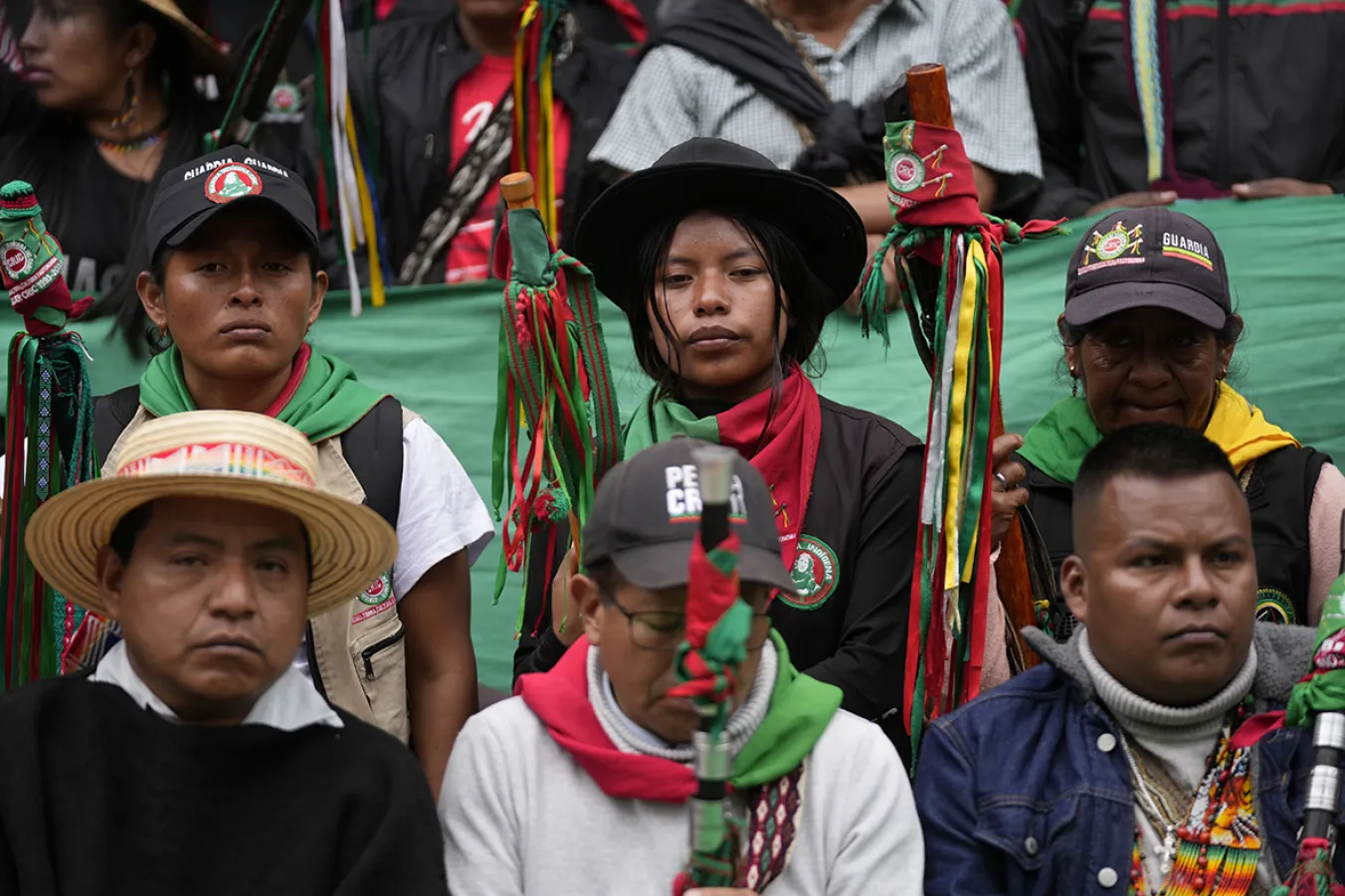
Do you agree that the political agreement signed by the ruling and opposition parties is imperfect?
I believe that for the almost five million voters, over 38 per cent on a turnout of nearly 98 per cent, who voted for the new constitution with enthusiasm and conviction, this agreement is insufficient, imperfect and far from our expectations.
The questions arising from the agreement are the excessive role of “experts,” the distortion of representativeness by electing councillors for the new commission by the system used to elect the senate and the lack of precision in defining citizen participation. So why did the Communist Party remain in this negotiation — and why did it sign it?
As things stand, we must be prepared to take part in the 50-member “group of experts” that will redraft the constitution, because the government parties and other progressives will be represented on it.

















